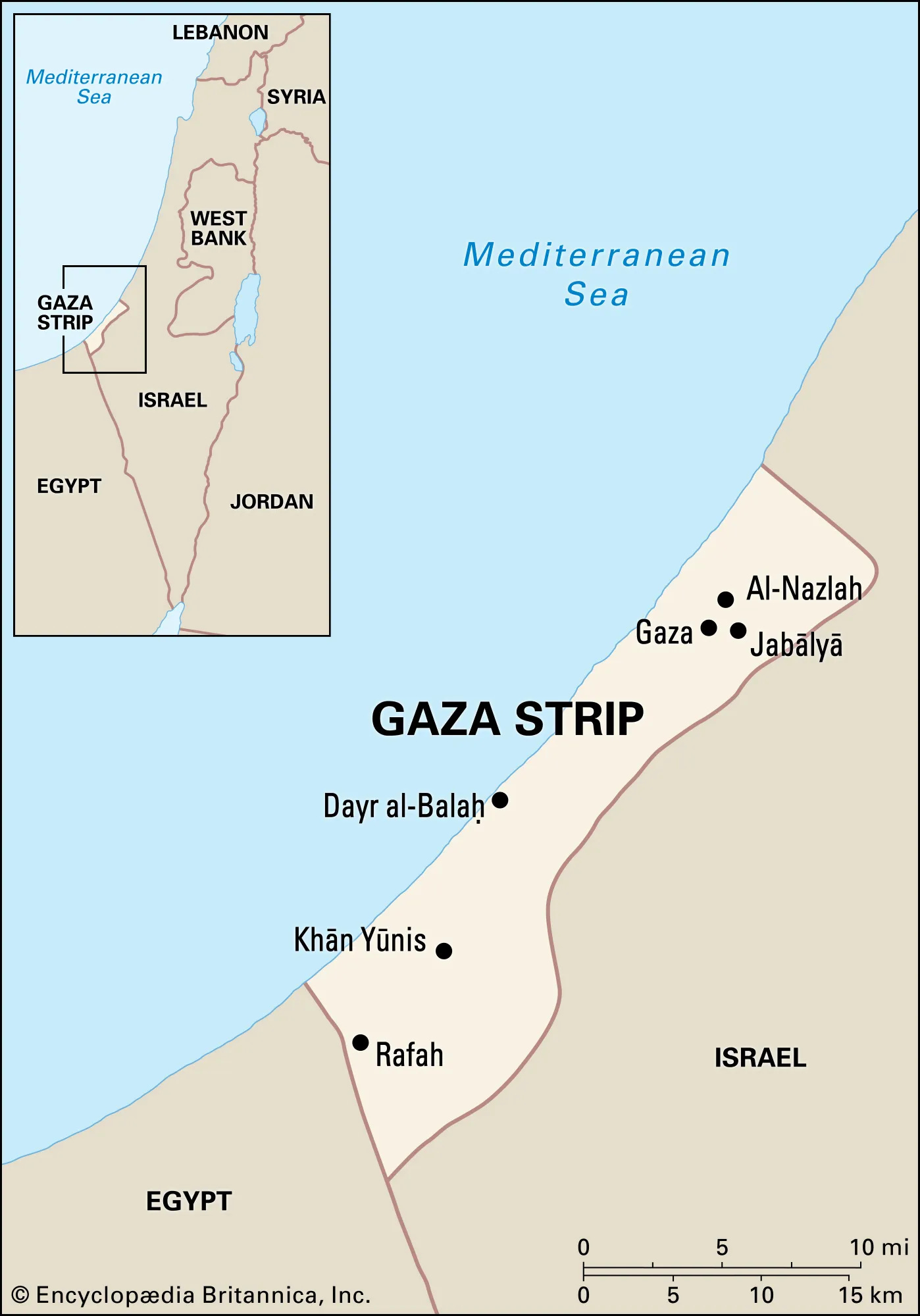Unravelling the complexity of the conflict in Gaza Strip
War looms large and thousands of innocent people are stranded in Gaza Strip amidst all the attacks. At YWC, we set out on an exploratory mission to gain a better understanding of the conflict.

What do we know about this conflict?
The teens knew little based on the snippets that they managed to catch on social media. But clearly, that wasn’t enough for them to completely understand the nature of conflicts since there is a limit to how much reliable information is provided by social media. After all it is easy to get swayed by extreme views combined with compelling visuals. Having said that some information that had been gathered was legitimate.
Gaza strip was bombed recently.
Extremist group Hamas is involved.
Hospital was struck and there was a lot of destruction.
Different points of view: one supports Israel and the other supports Palestine. It is confusing.
Many are condemning Israel. Shock at the fact that India is supporting Israel. The reason lies in the diplomatic relations that have been built over the years.
Some organizations maybe using this conflict to their advantage and may be trying to be raising money in the name of aid.
Weird connections are being made on social media. Could those be destructive?
Sudan has been having a civil war but why is that not in the news? Why is this news gaining so much traction?
The conflict no doubt is complex with multiple angles. This conflict may be far from us. What implications it has for us as individuals may not be clear. However, it is certain that the younger generation must be given a chance to become more well informed about the threat of war and ponder in lines of the futility of war.
Gaining a better understanding of the conflict
The conflict isn’t new. The conflict between Israel and Palestine has been around for a really long time. The Gaza Strip has been particularly vulnerable owing to the war ridden history. Gaza used to be part of Egypt until the war in 1967. Israel beat Egypt, Syria and Jordan when they tried to invade Israel. In that process, Israel occupied Gaza strip amidst other places. However, in 2005, Israeli Prime Minister Ariel Sharon decided that Israel must withdraw from Gaza strip. It simply wasn’t worth the trouble of occupying the region any more. In fact there seemed mostly trouble than any benefit. Contrary to expectations, tensions did not get resolved.

In late 1980s, Hamas, a group that declared the destruction of Israel as their goal, countered the influence of the Palestinian authority which in fact wanted to hold peace talks with Israel and negotiate over territory. More details here.
Gaza today- a growing humanitarian crisis
Several thousands of Palestinians are trapped in the Gaza Strip with no exit route. Egypt, the only other neighboring country to Gaza Strip, other than Israel has closed its borders. North has been closed for awhile already. Israel ordered Palestinians living in the area to move down as they were planning to retaliate against attacks dated October 7th. Trapped between borders more than 120,000 people are living in overcrowded, low-quality, insecure buildings with no windows, safe roofs or doors, living under constant fear.
Why is Egypt not helping?
Egypt is said to have two reasons:
Steady influx of refugees from Sudan. There is a civil war in Sudan. Taking in refugees from both sides will impose a huge strain on the Egyptian economy.
The fear of influx of militants in the disguise of refugees.
Hamas is happy that Egypt has closed its borders. They believe it makes Israel look bad and that is desirable effect. At what cost? At the cost of several innocent lives. Can Israel open its doors? Clearly not a sensible move keeping in mind national security.
Reactions/Questions from the group
The threat of another big war seems to be looming. Haven’t we learnt anything from the previous two world wars?
Why isn’t diplomacy working?
Why isn’t the United Nations (U.N) stepping in in a big way to provide aid?
Information is readily available real time now. All the more reason that U.N should step in and initiate diplomatic dialogue?
Having studied about the U.N and its role in maintaining world peace, the predominant unanswered question that became the elephant in the room was, “What is the U.N doing?” A quick search yielded little. We ran out of time to find out more.
We ended the discussion on a benefit of doubt- Could the U.N be doing something but news media have been purposely kept out of it? Perhaps the matter being a sensitive one, it is being handled with utmost care and that’s why we don’t know much about the U.N’s role in peace negotiations?


